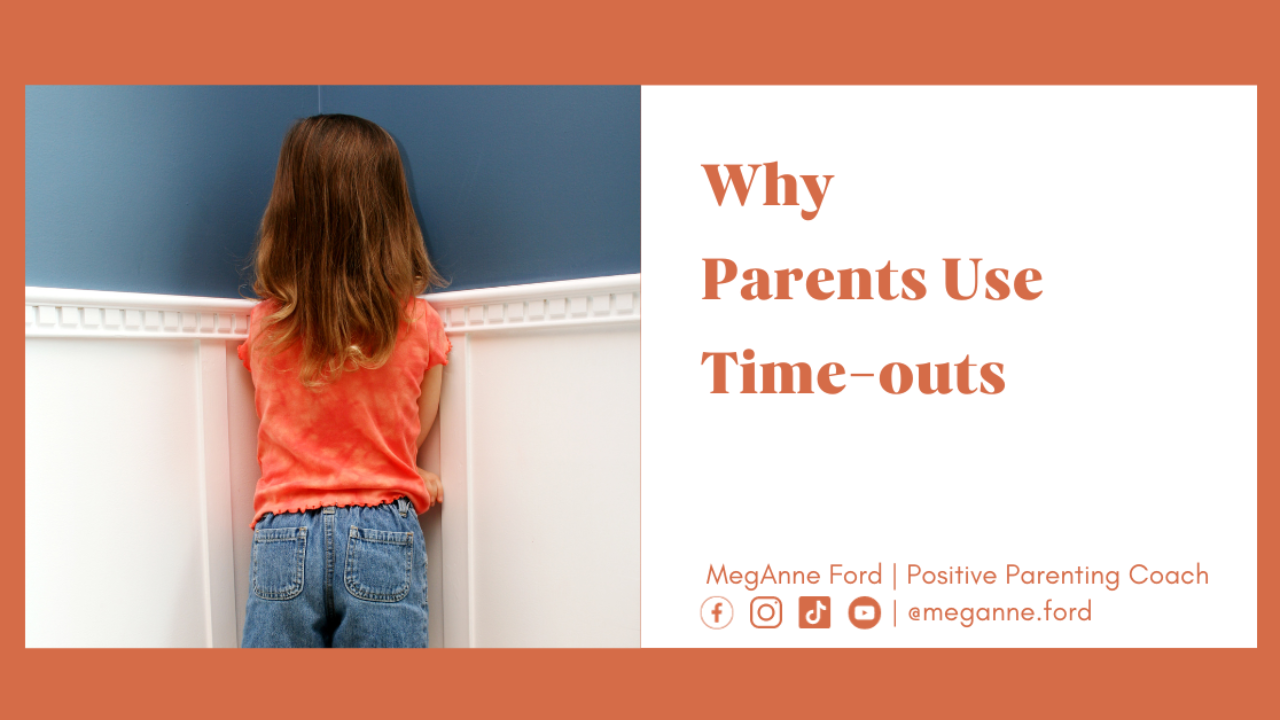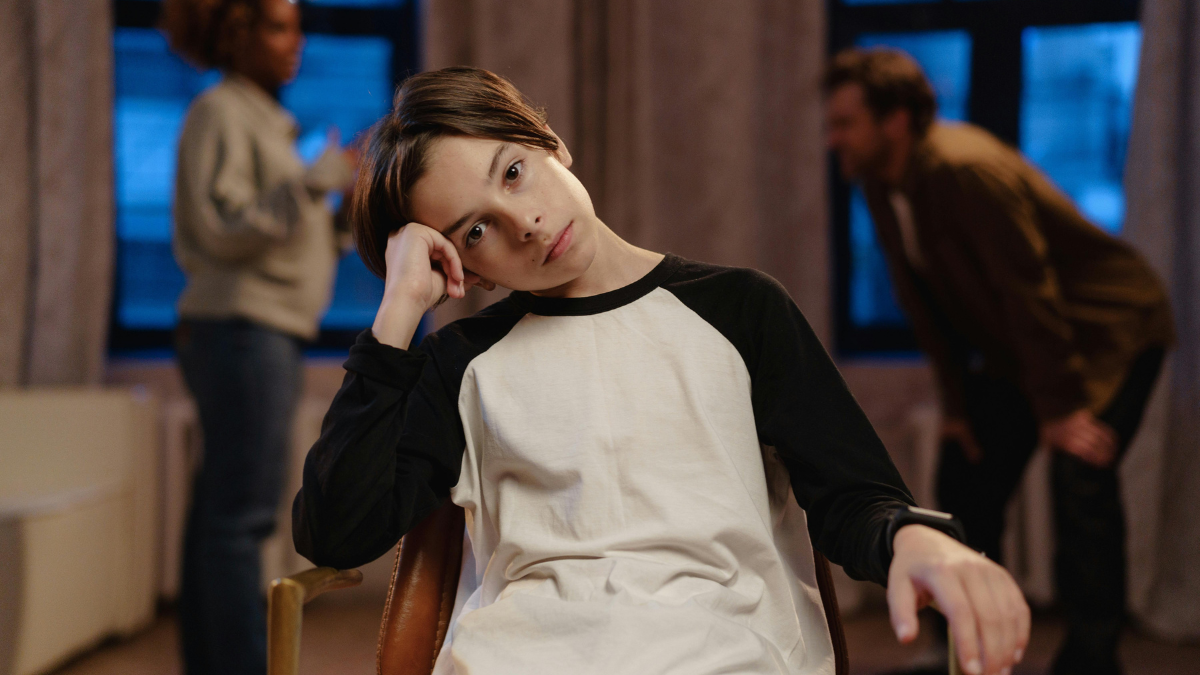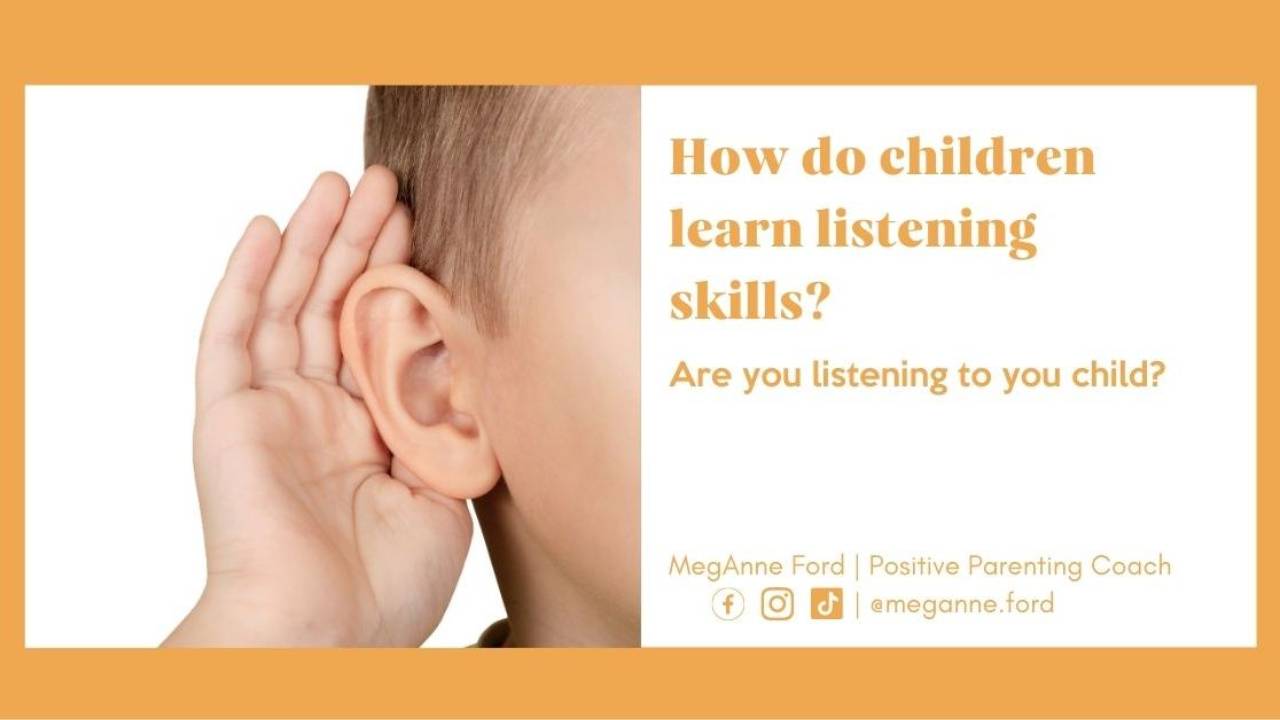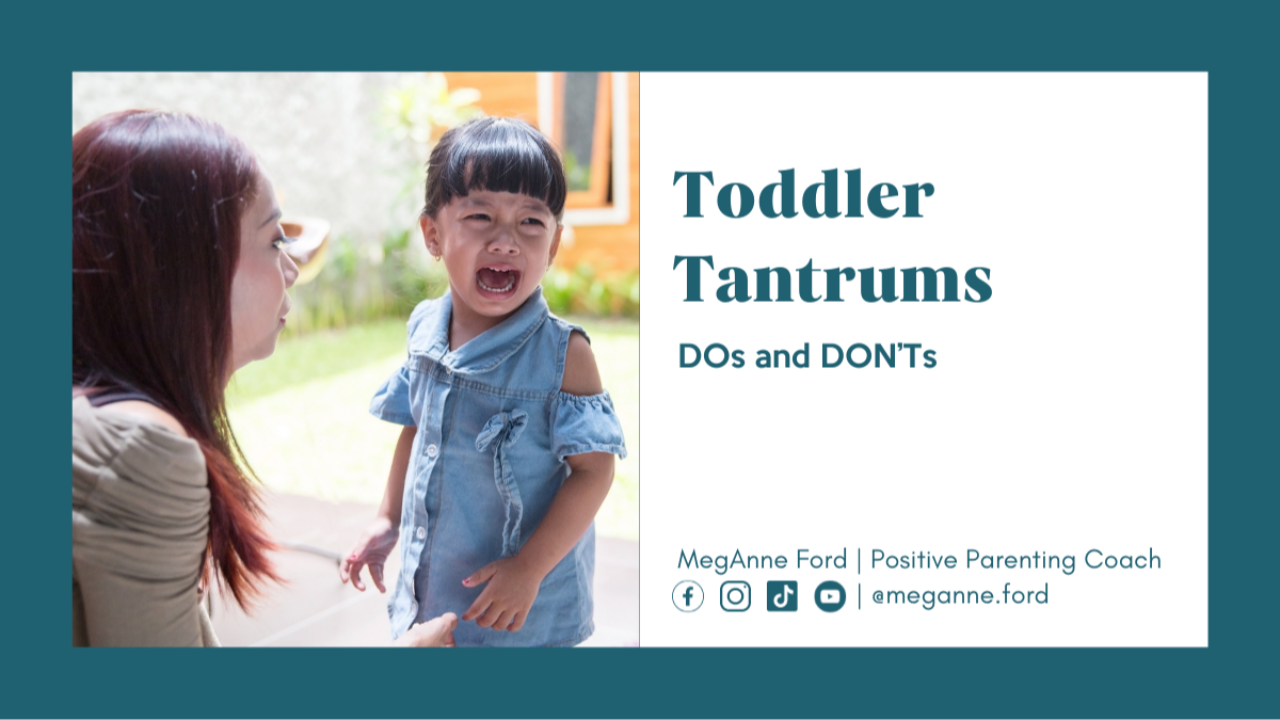Are you a parent who uses time outs? Well, you are not alone! Since the 1980s, it has been one of the most commonly used methods to discipline children.
Have you ever been at the park and had your child push another child?
What did you do?
Most parents would feel responsible and want to take action. Many parent’s reaction to misbehavior is time outs.
Parents use time out as punishment, but also for a variety of reasons. Today we will dig into the main reasons why parents use time out!
Before we go into detail of the reasons parents use time out, we need to look at behavior.
It is easy to judge a person by their actions!
It is common to judge a person by their actions. The problem is we don’t see what is beneath the surface. A great example is the iceberg. We just see above the sea level, but there is so much more beneath the surface. When we see a child misbehaving, we see yelling and hitting, but we do not see thoughts and feelings. This leads to missed opportunities for connection. We are conditioned as a society to punish challenging behavior.
When I was a teacher, time outs happen…
In 2010 I was a preschool teacher in a school that I can only refer to as a kennel for children (Names changed). It’s here in Richmond and it was not a happy place. When I walked into the classroom, located in the basement, I found many dead mice nests and mice feces this was a place I poured into and really had my tools tested. I remember there was a child there named Owen and he and I formed a special bond- it was the first time that I really understood that we do what we know and time outs will never work only act like gasoline.
When Owen first came into my class he came with a warning- beware he will go for eyes when he’s angry. Which at the time I didn’t quite understand, but sure enough as soon as he was challenged he reached over to the child next to him and pushed his thumbs into their eyes- I had never seen anything like this before- this child was 3 and found the ultimate vulnerability in his peers.
I remember it shook me- the first couple times I removed him from the class but that only seemed to make things escalate. Now, because I was a teacher at the time, I could not leave him alone- that’s the law. In that moment, he would deflect his anger to me and dig his nails into my arm.
So the first time I did this with Owen, I realized what was missing. This episode lasted about 10 minutes and then there was a break. That’s when I knew I had my opening- and I would say “WOW! You got really upset there!” and he said “Yes, my truck” with snot on his face and drool coming down his mouth.
As soon as he could vocalize words to me I knew that he could answer more questions- “You want your truck back?” I asked and he responded “Yes.” and I said “Oh, let’s go get your truck back, I can help.” And we walked back into the room and said to the other child, who my co-teacher was tending to- they were okay, just kinda spooked but quickly over it for the moment.
I crouched down to the ground and had Owen close to me with my arm wrapped around- for his protection and mine! This is where I said “Hey H, I think Owen was playing with that truck and would like it back, can you please give it back to him?” and the first time I asked H refused “But I want to play with the truck Owen always has the truck.” As soon as H said no, I could feel Owen’s body tense up- and I gave him a gentle squeeze and made some eye contact with a nod to my head- it’s okay.
I went on to say “I know H, this is such a fun truck. But Owen was playing with it and he would like it back. When he’s finished maybe he can give it to you to play with. If you need, help- I can help you!” That’s when H shoved the truck back across the table and Owen said “THANK YOU FRIEND!” and went back to playing.
That moment has always stuck with me, because it was a moment where instead of punishment, I worked to hold everyone’s dignity and model what I wanted to see shown. The next few months were tough for Owen and for Harry actually- I was in resistance to the school and ultimately I ended up leaving after about a year there- but I will never forget Owen and what he taught me in that moment. That a person who is out of control does out of control things and as a caregiver my role is to hold space and build skills. Someone at their lowest needs to be raised not pushed down further.
As I mentioned earlier, this approach isn’t commonly taught or seen as a social norm. However, because I’ve studied and practiced these skills, I can now teach them to other parents, helping them create breakthroughs with their children at home.
But now the question is- why? Why do we use time outs?
They are experiencing a challenging behavior and they themselves are triggered.
When you’re in the presence of something that triggers your lower brain, it activates a biological response. This response can send you into one of four modes: fight, flight, freeze, or fawn.
“Fight” means to fight back, while “flight” means to run away. “Freeze” involves standing still in shock, and “fawn” means to appease and give in to decrease the perceived threat. This is that lower reptilian brain in action.
It’s natural to be triggered by big outbursts when we’re not aware of the science of behavior or the workings of development. Without aligning our priorities to dive deeper into the topic, these reactions can happen frequently. It’s a moment that can trigger a belief you have about behavior, a past trauma, or even just react back.
Time outs are the easy way out!
And a time out is an easy way to get away from the trigger and calm yourself down. I don’t expect everyone to stay cornered with their tantruming child especially when they are in a triggered state- I did with Owen because I was calm, I knew I was safe, and I knew it was my choice to stay with him in that moment. The more we learn about behavior and development the more present we can be as caregivers and work to build new tools that help navigate these challenging moments.
I think it’s wild that parents are given the most important role in the world- yet no guidance or training. I think back to when I board and airplane and the anxiety I feel- and it’s because I don’t know how to fly an airplane. Most likely the pilot doesn’t feel that, and it’s because he KNOWS what’s going on. I think about this as it relates to parenting as well. Children are difficult beings when they are growing up- and there are so many overwhelming moments- but I totally believe that when we know better we can do better.
It might be, They don’t want to spank.
Another common reason parents may use time outs is that they don’t want to spank. This totally makes sense from my POV. It is common that when we stop something we need to start something. This is why I modeled with Owen how to ask for his toy back- if I want him to stop grabbing children’s eyeballs I needed to teach him what to do instead. When left up to his own devices children are resilient and will solve problems their own way- which is why things can escalate so quickly.
That’s actually how time outs became a common practice- to replace spanking. It was developed by Arthur W. Staats in his extended work with his daughter (and later son), and was part of a long-term program of behavioral analysis beginning in 1958 that treated various aspects of child development. But rose to popularity in the 80’s.
It was designed to replace corporal punishment because researchers had found that physically hitting a child created a trauma- and was later labeled abuse. Time outs work in a similar fashion- but it’s not a physical wound that is created, but an emotional one.
The CDC A.C.E.S. study, conducted in 1990, examined the long-term health effects of childhood trauma. They found a strong correlation between adverse childhood experiences and negative health outcomes later in life—but that’s a whole episode on its own!
Again, when we know better- we can do better. And I am here to honor you for removing spanking for your parenting toolbox, and invite you to stay open to learning how to remove time outs as well!
Social Norms
The last reason why parents use time outs is because it’s popularized. Meaning it’s something that everyone does everywhere. Before time outs it would be common to see a parent spank a child at the park- and no one would think twice. But now if a parent is even thinking about spanking their child they are worried that CPS will be called on them. That’s because the popular opinion around spanking has shifted.
Same with time outs. Think about the movies you watch where it’s displayed- Home Alone is a BIG one that comes to mind. A child is acting out, sent to their room, and forgotten about. This happened because Kevin’s bratty behavior was attention seeking- and everyone around him was preoccupied and not able to give him positive attention and he escalated. Because his Mom is flipped she makes choices from her lower brain and in the end forgets Kevin. Which I know sent her into a mom guilt spiral and shame cycle.
That’s just the first movie to come to mind- but there are plenty others. Start opening up and staying curious to the messages about behavior you are told! I know that behavior is just a symptom of something that’s going on below the surface- like with Owen. And it’s a white flag saying that something is dysregulated and needing support!








